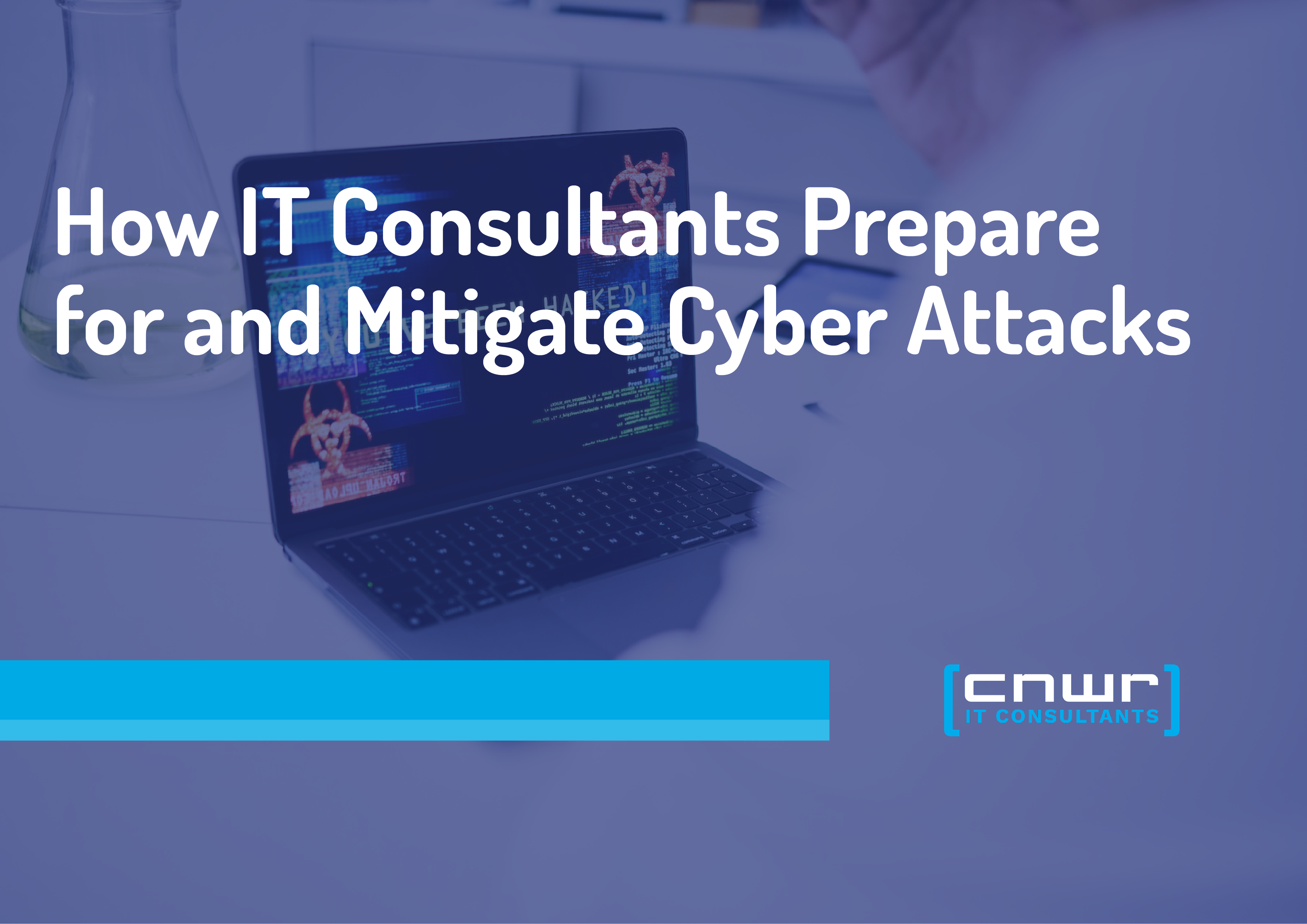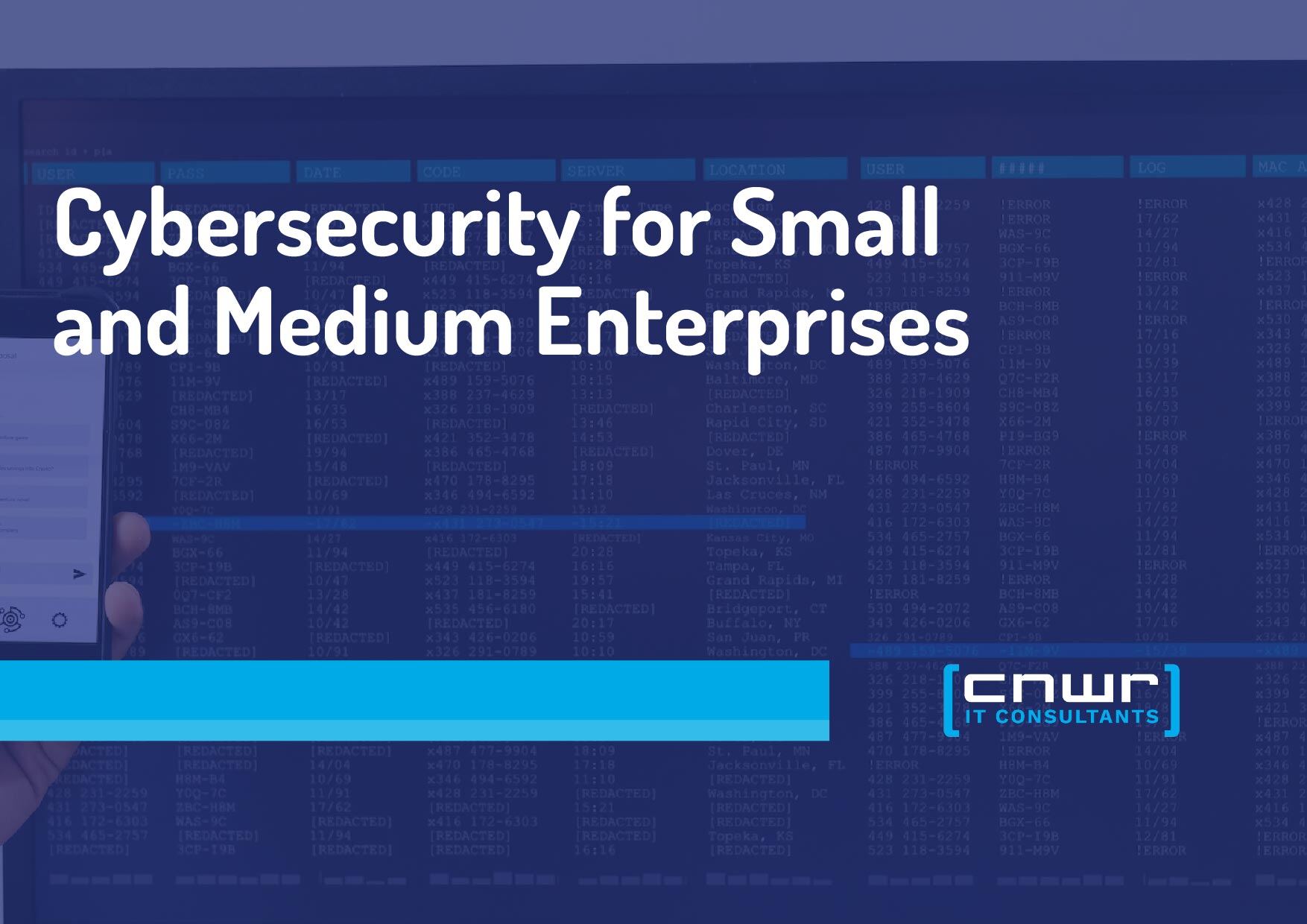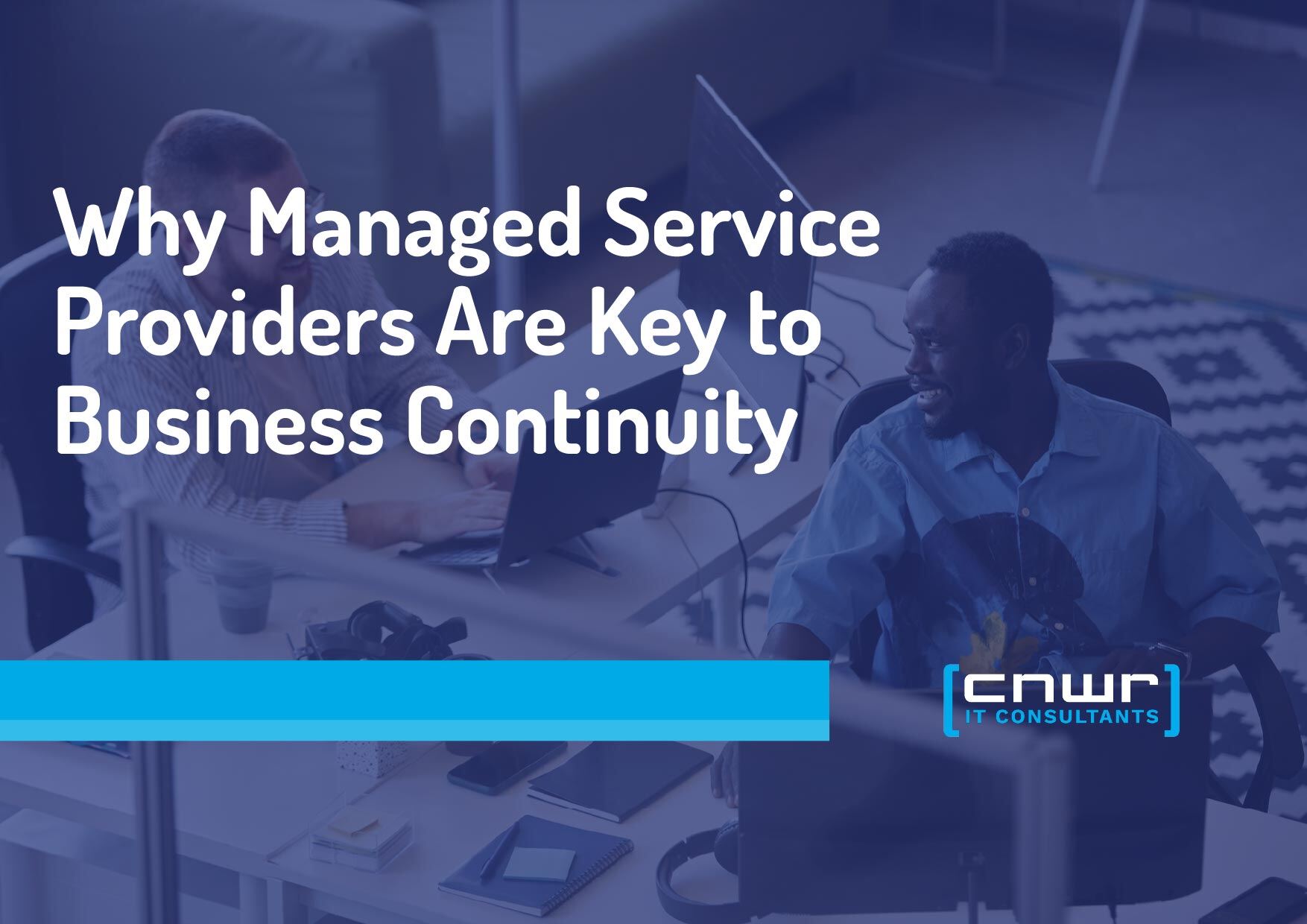Cybersecurity is a vital investment in your company’s longevity and reputation. IT consultants bring unparalleled expertise to the table, helping you protect your business through risk assessments, security enhancements, network monitoring, employee training, and recovery planning.
IT consultant's proactive strategies ensure your business is prepared to fend off attacks and bounce back quickly should the unexpected happen.
This blog will walk you through how IT consultants work to defend your business, covering critical steps like security risk assessments, improving security protocols, ongoing network monitoring, employee training, and creating a solid recovery plan.
Sound overwhelming? Don’t worry. You’ll clearly understand how to fortify your business against cyber threats by the end.
Security Risk Assessments
Imagine entering a building and realizing some windows are open and the back door doesn’t lock. A cyberattack can start with equally visible vulnerabilities. IT consultants begin by conducting thorough security risk assessments to identify potential weak points in your business’s digital infrastructure.
They typically review the following:
- Firewall settings and configurations: Are your firewalls up to modern security standards?
- User permissions: Do all employees need high-level access to sensitive data? Likely not.
- Software updates: Outdated software often serves as a gateway for hackers.
For example, a small manufacturing business working with an IT consultant discovered their outdated accounting software was vulnerable to ransomware. Thanks to the assessment, the software was promptly updated, reducing the risk of exposure.
By understanding these gaps, consultants can create a customized action plan to secure your business.
Improving Security Protocols
Once vulnerabilities have been identified, the next step is reinforcing your security protocols. IT consultants put measures in place that ensure you’re not just patching current issues but strengthening your overall defenses.
Here’s how IT consultants might approach improving security protocols:
- Implementing MFA (Multi-Factor Authentication): Requires employees to verify their identity, preventing unauthorized access, even if passwords are compromised.
- Updating password policies: Weak passwords are essentially an open door for hackers. Consultants encourage strong, unique passwords with periodic updates.
- Segregating sensitive data: This additional layer of precaution ensures that even if hackers breach one system, they cannot access critical information.
Creating a strong IT framework helps protect your business now and maintain a strong posture for future threats.
Continuous Network Monitoring
Prevention is crucial, but even well-protected systems need regular monitoring. IT consultants often deploy continuous network monitoring tools that keep a close eye on your systems around the clock.
What do these tools look for?
- Unusual activity: Any strange file downloads or attempts to access the system from external locations are flagged.
- Unauthorized devices: Consultants ensure your networks are accessible only to pre-approved devices.
- Early signs of breaches: Catching potential malicious attempts early can save your company thousands in remediation costs.
Take the case of a retail chain that partnered with a cybersecurity consultant. Their 24/7 monitoring system detected unusual login attempts late at night, which turned out to be a phishing attack. Because it was stopped early, no customer data was compromised.
Employee IT Training
When it comes to cybersecurity, your employees can be both your strongest asset and your weakest link. Hackers often rely on human errors—a careless click on a phishing email or a downloaded file disguised as work-related content.
IT consultants mitigate this risk by providing regular employee IT training sessions on the following topics:
- Spotting phishing scams: From suspicious links to fake email domains, employees learn what to avoid.
- Safe password storage: Goodbye, sticky notes on desks with login details.
- Secure mobile device usage: Ensuring work phones and personal devices connected to work email don’t become entry points for breaches.
Businesses that prioritize educating their teams see far fewer incidents of accidental exposure than those that don’t. Training ensures your employees are equipped to outsmart cybercriminals.
Building a Recovery Plan
Despite the best efforts, no system is 100% immune to cyberattacks. Every business owner should ask themselves this vital question: what will we do if a breach does occur?
This is where developing a comprehensive recovery plan with your IT consultant becomes essential. A structured plan minimizes the impact of a cyberattack and restores normal operations quickly.
Here’s what a good recovery plan includes:
- Data backups: Consultants help establish regular backup schedules, stored securely offline, to ensure no data is irretrievably lost.
- Incident response protocols: A clear step-by-step guide outlines who takes action, what to contain, and recovery measures after an attack.
- PR and communication strategies: Addressing employees, customers, and the public in the event of leaked data is crucial for maintaining trust.
Consider the case of a financial services firm that suffered a ransomware attack. Thanks to the IT consultant’s recovery plan, the firm could revert to an uninfected backup from two days prior with minimal disruption.
Being prepared doesn’t prevent disasters, but it ensures you’re ready to face them head-on when they occur.





